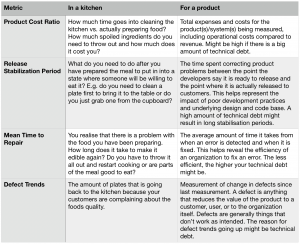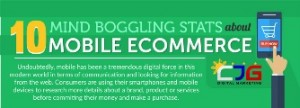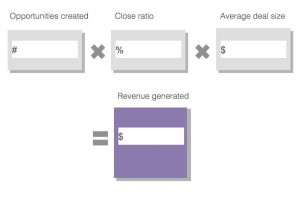I’m sure you’ve noticed the new breed of restaurants opening up over the last few years. Plain tiles, naked lightbulbs and, most noticeably, only one thing on the menu. It really takes the stress out of ordering, right? No last second panic re-orders. It’s ‘I’ll have the burger please’ or ‘I’ll go hungry’. Apparently we like this, because we like decisions to be simple.
This is an example of what Barry Schwartz refers to as The Paradox of Choice: that “clinging tenaciously to all the choices available to us contributes to bad decisions, to anxiety, stress, and dissatisfaction – even to clinical depression.” He argues that we would be better off if we embrace voluntary constraints on our choices, and accept ‘good enough’ instead of ‘the best’, for example. Whether you agree with him or not, and it’s certainly an interesting argument, we can see it being applied to many aspects of our everyday lives – not just burger restaurants.
Making things as simple as possible is one of the big trends for mobile at the moment. That’s no surprise when most of humanity has an apparently burning need to get an awful lot done on a pretty small screen with a touch interface. That’s also why, outside of social, media and gaming, it makes total sense to minimize time spent in app and make the user experience as frictionless as possible. The goal is to help users do what they want in the app, in as little time as possible, and then let them carry on with their lives.
Enter Machine Learning
One way that this might be achieved on mobile is through machine learning. A terrific presentation by Benedict Evans (a16z) titled ‘Mobile Is Eating The World’ analyses the dynamics and consequences of this. He looks in particular at how smartphones, data and machine learning will affect retail – and concludes that ultimately they will lead to the reduction (perhaps even removal) of choice from consumers.
Let me demonstrate how that happens with a practical example. One of the more interesting consumer products released in recent years is the Amazon Echo. Amongst the many services the relentlessly helpful Alexa provides is voice shopping; as frictionless a process as I’ve come across. A simple voice command of “Alexa, order me X” followed by a confirmatory “Yes” is all you need to make a purchase. Simple.
Perhaps the most interesting aspect of this experience is the approach to choice for the consumer, i.e. there is pretty much none. Alexa responds to requests based on consumer and user data and replies with the top option only. The idea being: reducing choice means reducing friction. This is the ultimate ‘Decision Simplicity’: making life simpler for consumers who are more than happy to let data do the decision making for them. But it will be interesting to see how consumers react to it, and how far they are willing to go with choice limitation.
What This Means For Mobile Marketing
Mobile is obviously a very different medium to a device like Echo, with its own set of challenges when creating a frictionless experience. Its small screen seems to demand that we reduce choice, certainly when compared to a large desktop monitor or laptop screen, for instance. No doubt marketing and product teams are working hard and thinking carefully about the best ways to display and apply machine learning to improve user experience and ultimately increase revenue for their company. That is the point after all!
It will be very interesting to seeing how the future giant of mobile shopping will do it – whoever that will be. And regardless of who becomes the behemoth, there are tried and tested mobile marketing tools on the market already that will play a major role when it comes to deciding how much choice is enough, and how much is too much. A/B testing in particular can help mobile retailers make effective decisions today, even before the machines take over!
Business & Finance Articles on Business 2 Community(80)









